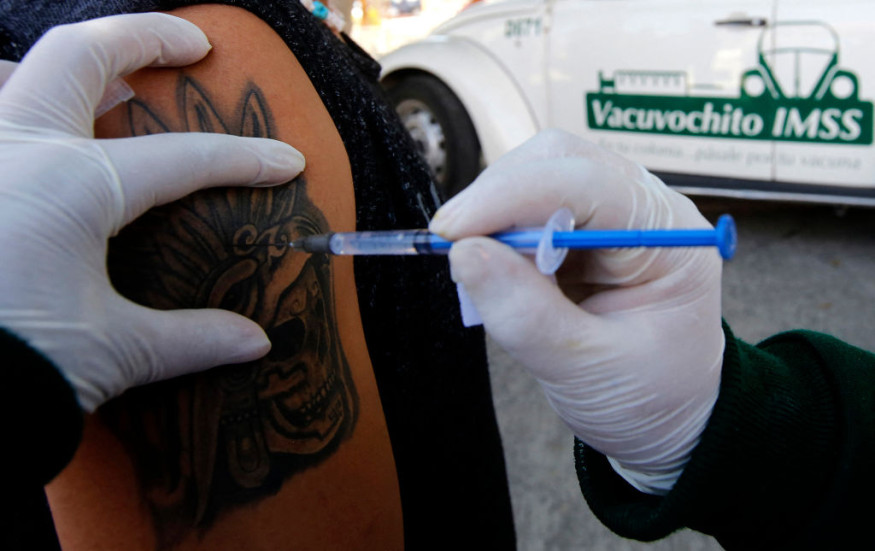Mexico Passed COVID-19 as Endemic, Not Pandemic in the Country

Mexico announced on Tuesday that the COVID-19 situation in the country is now endemic, from being a pandemic stage, which means that authorities will treat it as a seasonally recurring disease.
Mexico's government never imposed face mask requirements, and lifted the few partial shutdowns of businesses and activities weeks ago, according to an ABC News Go report.
Mexican President Andres Manuel Lopez Obrador said COVID-19 is now retreating almost completely.
New COVID-19 cases in Mexico have declined. It may be attributed to Mexico now offering even fewer tests, with the country initially not doing much testing. In addition, daily death rates have also dropped sharply.
Mexico COVID-19 Pandemic
The Centers for Disease Control and Prevention has raised COVID-19 Level 3 in Mexico, meaning that the COVID-19 levels in the country is high.
The first COVID-19 cases in Mexico were confirmed by the government on February 28. Mexico had one of the highest numbers of confirmed cases and deaths in the Latin America region, according to a National Library of Medicine report.
The Mexican government's COVID-19 response has been criticized since the onset of the pandemic.
Mexico has enforced a sentinel epidemiological surveillance system, instead of a widespread testing strategy, to count and report cases.
In addition, President Andres Manuel Lopez Obrador has minimized the pandemic's possible impact on the health of millions of Mexicans. He continued to hold massive gatherings across Mexico as part of a presidential tour at first, which was eventually stopped for some months.
Lopez Obrador then resumed the presidential tour in June 2020 as part of his plan to reopen Mexico's economy. He also scrutinized medical doctors and accused many of them of wanting to earn more money from practicing medicine rather than helping people.
Currently, about 90 percent of adult Mexicans have received at least one dose of the COVID-19 vaccine, according to an Associated Press News report.
COVID-19 in Latin America
The World Health Organization has declared Latin America as the epicenter of the pandemic in May 2020 after accounting for more than 40 percent of the world's COVID-19 deaths, according to an Organisation for Economic Co-operation and Development report. The total infection rate exceeded 6.5 million cases and the loss of over 350,000 lives.
Many households do not have access to safe water, with 21 percent of the Latin American suburban population living in slums, informal settlements, and precarious housing.
Overcrowding and the lack of basic services are some of the factors that contribute to the spread of the disease.
In Bolivia, only 52.7 percent of households have access to basic sanitary services such as running water, electricity, and wastewater treatment.
Many Latin American countries imposed strict social distancing and sanitary measures. However, there is also the issue of "pandemic fatigue," referring to the "demotivation to follow recommended protective behaviors."
Lockdowns and other restrictive measures in Latin America have been extended for longer periods of time as compared to other regions.
There were also lower health expenditures, fewer hospital beds, and health professionals per 1,000 inhabitants.
This article is owned by Latin Post.
Written by: Mary Webber
WATCH: Mexico's challenges with fighting COVID-19 pandemic - from CBC News: The National
Subscribe to Latin Post!
Sign up for our free newsletter for the Latest coverage!

















